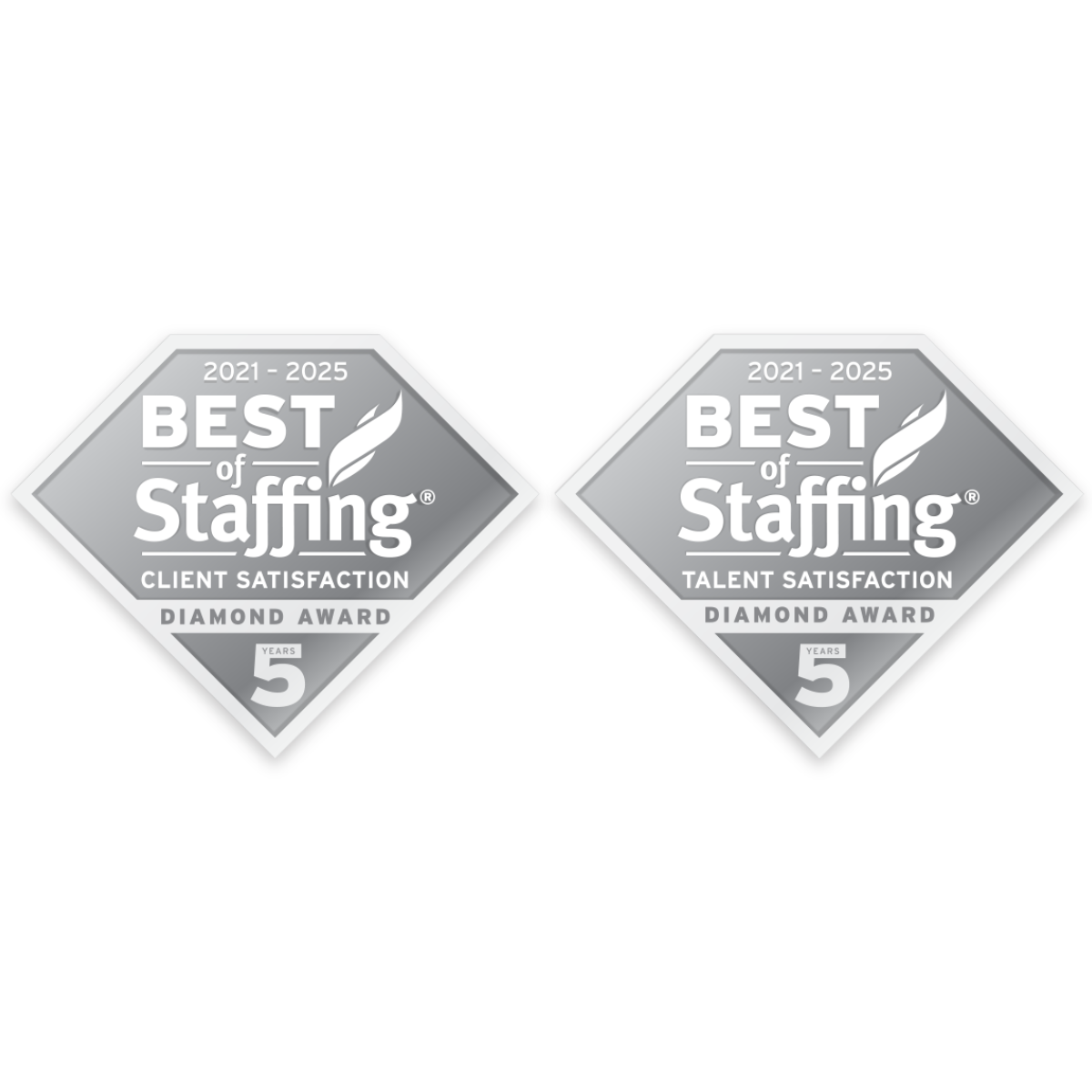“A leader doesn’t have to be dynamic and charming — just highly communicative and transparent.”
– The Leadership Development Trends in 2018
It’s well established that leaders can be made, not just born. And in today’s climate, the ability to learn and to grow — in short, to innovate — is one of the most crucial commodities to ensure that businesses remain relevant and ahead of the curve. But innovation shouldn’t just happen at the technical/operational level. For executive-level management especially, personal innovation — while perhaps harder to quantify — is also now an absolute necessity for successful leadership.
Self-awareness is the cornerstone of any effort at personal improvement, and as such has also been called the “secret weapon” to developing great leaders. While authentic self-awareness takes time and reflection, there are a few broad steps executives can take to get the process started, and to ensure they’re on the right path towards cultivating the proper tools and mindset for purposeful and productive growth.
1. Don’t ignore the hard stuff.
“Soft skills” are universally considered the most important indicators of success for executives, but the ability to inspire confidence, and maintain loyalty at all levels is one of the most important soft skills there is. Technical teams are often the heart and soul of business operations and, understandably, they can be highly protective of their domains. No one expects you to become Coder-in-Chief, but taking some time to re-acquaint and/or immerse yourself with the people and practices that drive production will lend a more tactile understanding of new technologies and other operational advances in your industry, and also serve to shore up respect among a valuable business asset — the skillful gatekeepers of the day-to-day.
2. Sensitivity training is back (and more important than ever).
The recent string of high-profile sexual harassment cases placed gender discrimination in the workplace front-and-center, along with the need to re-calibrate outdated corporate training modules on the matter. But #MeToo was just the tip of the iceberg: the future is not just female, it’s also more diverse, more self-actualized, and more “woke” than ever before. As even more recent events have shown so clearly, businesses and individuals who remain tone-deaf to these important cultural shifts risk a potentially irreparable public reckoning.
Executives who wish to harness this moment — for their own good, as well as for the good of their company — should do more than just mandate updated training: They should also show that they are eager to take part. Attitudes among the C-Suite won’t adjust if they just stick to familiar circles, and authentic change starts with a willingness to listen and, whenever possible, accommodate. Participating in sensitivity training with those from different backgrounds, and at different points in their careers, can provide executives with valuable insight into how certain of their behaviors may be perceived, and shed light on the unintentional biases to which so many can fall prey. Opening up to new perspectives from different generations and social/ethnic groups will not only serve to create a safer workplace but will also help your company — and yourself — stay ahead of the curve.
3. Check your communication.
Communication is one of those all-powerful, all-encompassing skills that can make or break a career, and it’s also one of those skills that many executives have already mastered. But mastering is not the same as refining, and not all messages will stick over time. This is not just about embracing new technologies and platforms. Sure, podcasts or Twitter can help spread your word, but if your words don’t resonate, neither will you.
Improving how you communicate can be as simple as changing who you talk to. Putting yourself in unfamiliar situations — via travel, meet-ups or other networking events — is a great way for executives to vet their messaging and delivery with those outside their standard sphere of influence. Engaging in less conventional training like acting or improv workshops can also help; sometimes working with the words of others is the best way to ensure that your own don’t fall on deaf ears.
Kate is a Creative Circle candidate, a senior copywriter, and a seasoned corporate communications consultant based in New York. If you want to work with Kate, contact Creative Circle New York.



